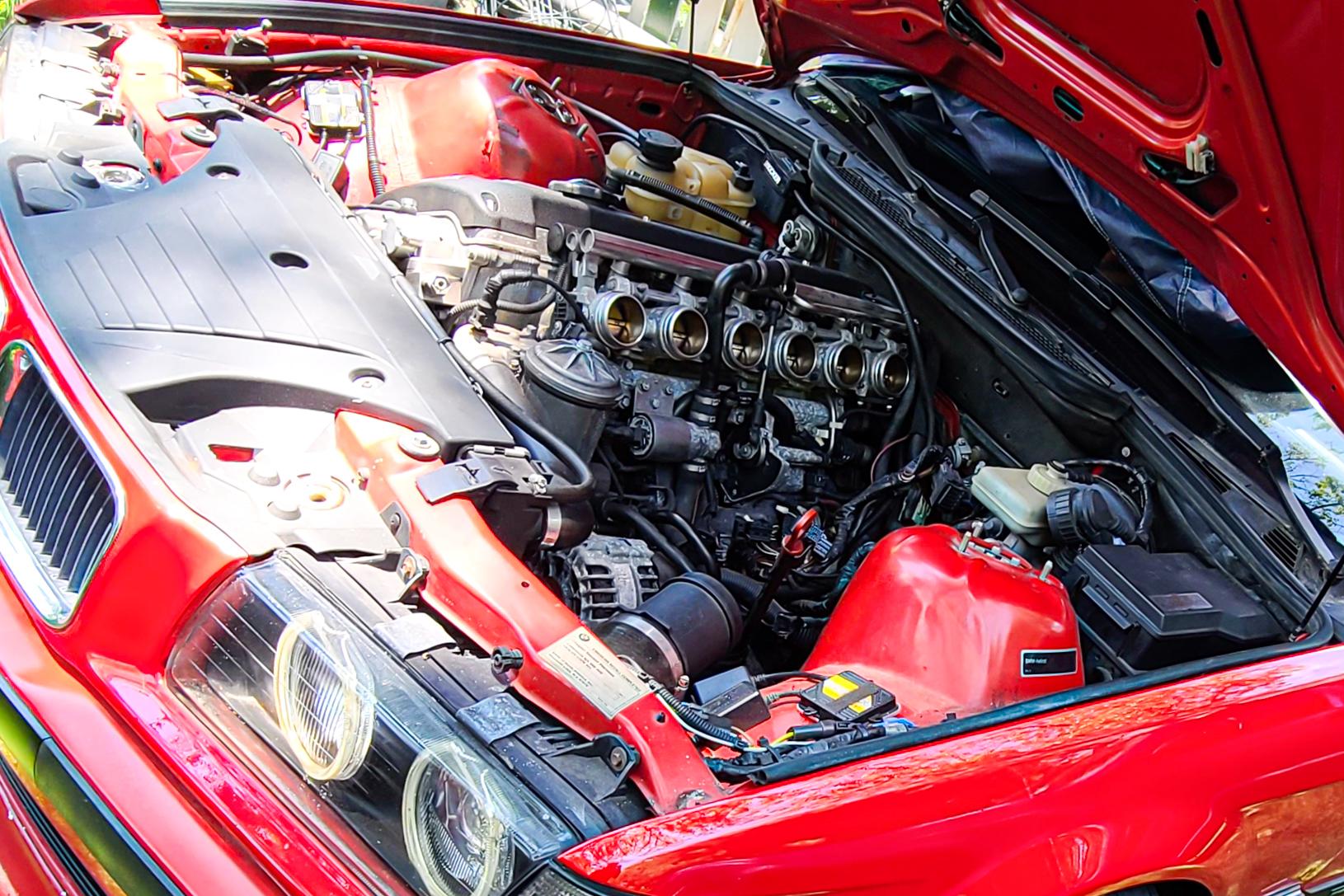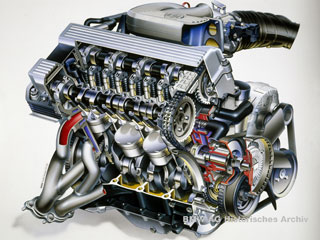Important Facets to Assess Before Acquiring an Engine for Optimal Performance
From engine power and efficiency to fuel efficiency and maintenance considerations, each element plays a crucial role in identifying the engine's suitability for a particular application. Compatibility with existing automobile systems and available guarantee and assistance choices can significantly affect the lasting efficiency and cost-effectiveness of the engine.
Engine Power and Efficiency
When taking into consideration engine power and performance, it is important to review the specific requirements of the meant usage to guarantee optimal efficiency and efficiency. The power output of an engine straight affects its performance abilities, impacting factors such as acceleration, pulling capacity, and overall operational stamina. Understanding the needs of the application is important in figuring out the best equilibrium of power and performance characteristics.
Engine power is typically measured in systems such as horse power (hp) or kilowatts (kW), showing the quantity of job the engine can carry out over time. Higher power rankings normally result in much better velocity and leading rate, making them appropriate for applications requiring fast responsiveness or sturdy tasks. It is vital to match the engine's power outcome to the details demands of the planned usage to prevent inefficiencies or unnecessary pressure on the equipment.
Additionally, engine performance encompasses a range of factors beyond simply power, including gas effectiveness, discharges regulate, and reliability - bmw 318ti. Evaluating these elements along with power factors to consider is essential for ensuring that the engine not just delivers the necessary strength yet additionally operates sustainably and durably in its intended atmosphere
Fuel Effectiveness and Intake
Thinking about the vital duty of engine efficiency in establishing its viability for numerous applications, the assessment of gas efficiency and intake comes to be critical in maximizing operational expenses and environmental impact. Fuel efficiency refers to the engine's capability to convert gas right into functional power properly.
When analyzing fuel consumption, it is necessary to examine the engine's specific metrics, such as gallons of fuel taken in per hour or miles per gallon, depending upon the application. Recognizing just how much gas an engine consumes under different operating conditions can help expect long-lasting expenses and strategy for effective fuel management methods.
Moreover, innovations in engine technology, such as crossbreed systems or fuel injection improvements, can significantly enhance gas performance and lower usage. Prioritizing engines with superior gas performance and reduced intake rates can lead to considerable cost savings and advertise sustainability in different markets.
Compatibility With Car Systems
Making certain seamless integration and optimal efficiency, the compatibility of an engine with vehicle systems is a pivotal element to evaluate prior to purchasing decision. The engine works as the heart of an automobile, and its capability to function harmoniously with the various systems within the lorry is important for total capability.
Compatibility includes a series of facets, consisting of electric systems, transmission systems, and exhaust systems. An engine that is not compatible with these essential parts can lead to problems such as electric breakdowns, ineffective power transfer, and raised exhausts.
In addition, compatibility with onboard computer system systems click reference is crucial for modern-day cars. The engine must be able to interact properly with the car's computer to make certain correct performance tracking and diagnostics.

Maintenance and Durability Factors To Consider

Durability factors to consider additionally include assessing the engine's design, my company technology, and compatibility with the automobile to ensure optimum performance throughout its life expectancy - bmw 318ti. Engines with advanced functions like effective air conditioning systems, durable elements, and fuel-efficient layouts have a tendency to have far better long life and require less repair services. By prioritizing upkeep and selecting an engine known for its long life, purchasers can make an educated decision that enhances their lorry's efficiency and total driving experience
Warranty and Assistance Options
Offered the critical role of maintenance and longevity considerations in choosing an engine, a sensible buyer should currently concentrate on examining the offered warranty and support choices. The service warranty offered with an engine can differ dramatically in between models and suppliers. A detailed service warranty can use satisfaction, ensuring that any kind of possible issues that might develop quickly after acquisition are covered at no additional cost to the purchaser. Purchasers ought to carefully assess the terms of the service warranty, including its duration and what parts or solutions are included.
In enhancement to the warranty, evaluating the assistance alternatives offered is essential. Assistance solutions can range from technological assistance hotlines to on-site repair and maintenance solutions. A strong support system can considerably minimize downtime in situation of engine failing or problems, inevitably saving money and time. Purchasers should make inquiries concerning the accessibility of spare parts, accredited solution centers, and the responsiveness of the assistance group.

Verdict
Finally, when buying an engine, it is critical to review its power, gas efficiency, compatibility with lorry systems, maintenance needs, durability, and warranty options. These crucial aspects play a significant duty in figuring out the optimal performance of the engine. By meticulously considering these aspects, customers can make sure that they are purchasing an engine that satisfies their requirements and delivers trustworthy performance over time.
From engine power and efficiency to fuel performance and upkeep factors to consider, each variable plays a critical function in identifying the engine's suitability for a particular application.Engine power is generally determined in units such as horsepower (hp) or kilowatts (kW), indicating the quantity of work the engine can perform over time.Taking into consideration the essential role of engine performance in determining its suitability for numerous applications, the examination of fuel effectiveness and intake becomes extremely important in optimizing operational costs and environmental impact. Fuel efficiency refers to the engine's capability to transform fuel right into functional power successfully. visit the site In addition, thinking about the high quality of products and construction of the engine is vital as it can straight affect longevity and exactly how well the engine holds up against wear and tear over time.